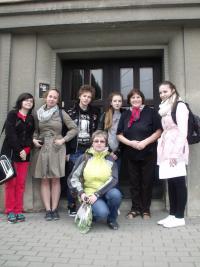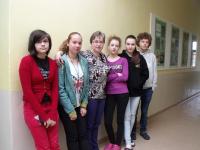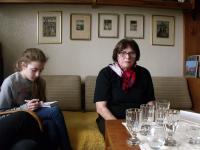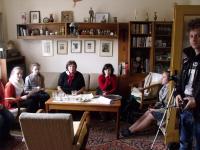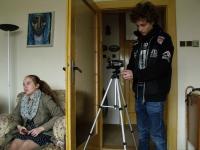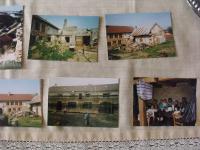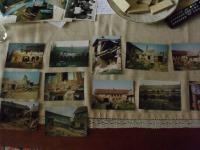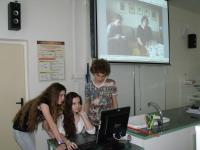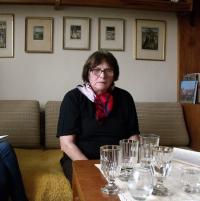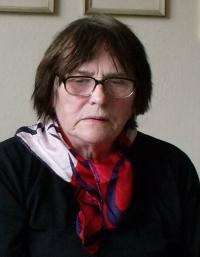We did not have time for negative memories, we just tried to keep on living

Stáhnout obrázek
Dobromila Kvasničková grew up on a farm in Chrášťany near Hulín where her family owned a medium-sized homestead. She attended a higher elementary school in Hulín and then continued at a one-year agricultural school in Litenčice. Persecutions of independent farmers began after 1950 as part of the forced collectivization process. As a result, the family was evicted to the Vysočina region and all their property became confiscated by a local Unified Agricultural Cooperative (JZD). The family‘s financial situation became even worse due to the currency reform in 1953. In 1958 Dobromila married and she moved to Jihlava with her husband and the rest of the family. She successfully took her secondary school-leaving exam when she was forty-two years old. The confiscated property was returned to the family in restitution after 1989 but their farm was in a very derelict state. Dobromila has four children and she still lives in Jihlava.
